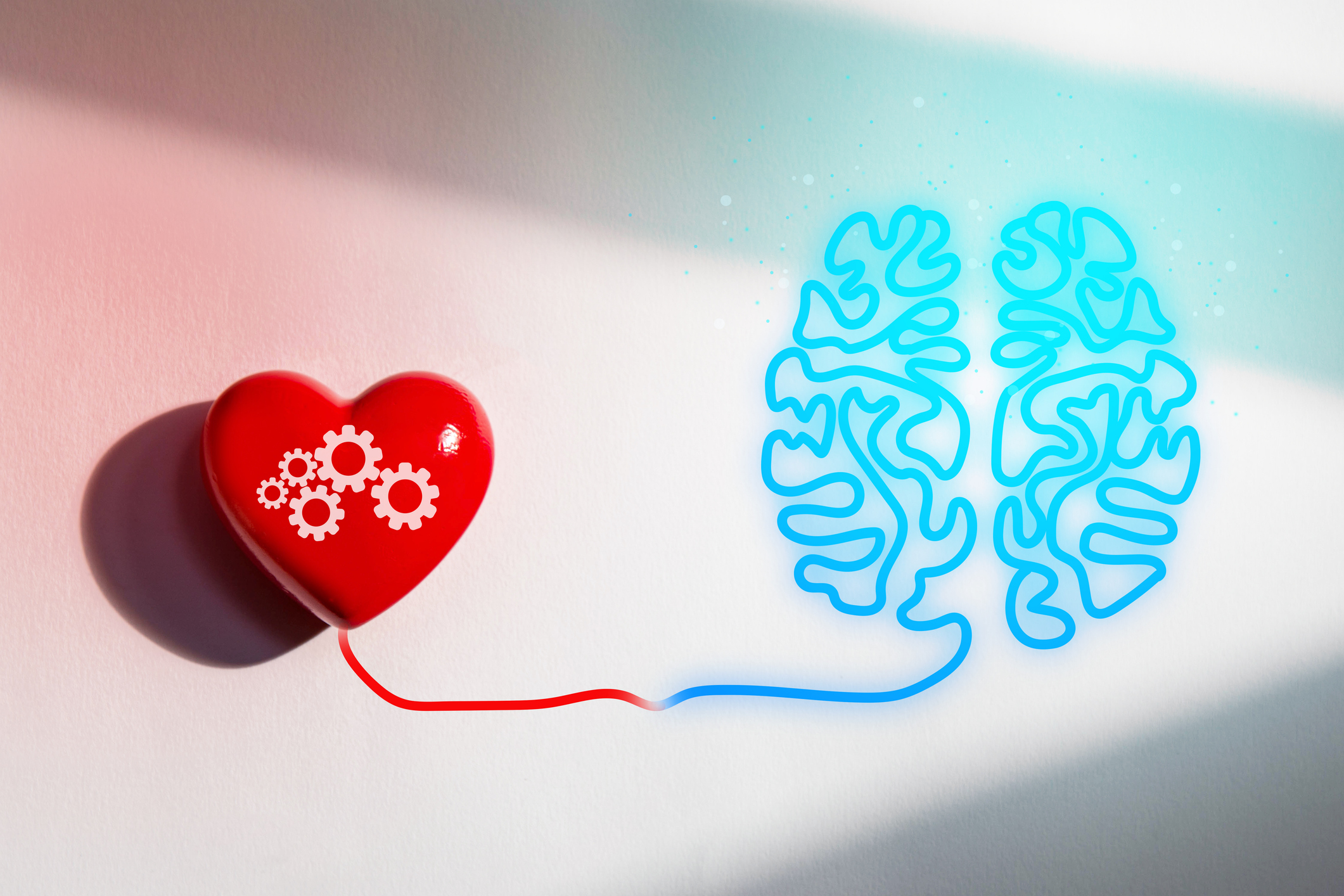Get Easy Health Digest™ in your inbox and don’t miss a thing when you subscribe today. Plus, get the free bonus report, Mother Nature’s Tips, Tricks and Remedies for Cholesterol, Blood Pressure & Blood Sugar as my way of saying welcome to the community!
The surprising risk AFib carries for early-onset dementia

Age is the most significant risk factor for atrial fibrillation (AFib), a condition also known as irregular heartbeat. The risk of developing AFib spikes after age 65, and affects about 1 in 10 people over the age of 80.
Still, there is a rising trend of AFib in younger people — most likely linked to rising rates of obesity, hyperthyroidism, chronic kidney disease, obstructive sleep apnea, as well as underlying heart conditions.
AFib, which causes an irregular heartbeat, disrupts the flow of blood through the heart’s chambers. This raises the risk of blood clots developing in the heart that can travel to the brain and cause a stroke. In fact, AFib can increase stroke risk by fivefold.
But that’s not the only way it can harm your brain, making it imperative to reduce your risk of developing it…
AFib and the potential for dementia
An observational study of more than 2.5 million individuals in Catalonia, Spain, assessed AFib’s connection to dementia.
The participants were at least 45 years old, had no prior diagnosis of dementia, and were followed for over 15 years. At the start of the study, 3.25% of participants had a recorded diagnosis of AFib.
Overall, the researchers found AFib to be a statistically significant, albeit weak, predictor of dementia, linked with a 4% increased risk.
However, things took a serious turn when they dug into details such as age at time of Afib diagnosis…
- In patients aged 45-50, those with AFib were 3.3 times more likely to develop dementia than those without AFib. But in patients over 70 years of age, no link was found.
- In patients diagnosed with AFib before the age of 70, the risk of dementia increased by 21%.
- An even stronger effect was observed for early-onset dementia (before the age of 65), with AFib raising that risk by 36%.
Why does AFib seem to have stronger links with dementia, the younger and earlier the diagnosis? The authors noted that “dementia is often a multifactorial condition… rather than a single pathophysiological process,” meaning that there are other factors involved in the dementia diagnosis.
“This may explain why [AFib] has a greater impact in younger patients, where it could be one of the primary pathogenic factors,” the authors write in the study.
In older adults, other primary contributors to cognitive decline — such as age-related neurodegeneration — may be more impactful than AFib.
Oddity appears to double early-onset dementia risk
Despite AFib’s enhanced risk for stroke, the researchers discovered another oddity…
AFib patients who had not experienced a stroke faced much higher odds of developing dementia. Those who developed AFib in mid-life (before age 70), even without stroke history, had a 23% higher risk for dementia in general, but a 52% increase for early-onset dementia.
However, it’s impossible to rule out the possibility of so-called “silent strokes,” which show no symptoms and can only be diagnosed with a CT scan or MRI. Microinfarcts and microbleeds could also be factors, they say.
Other potential mechanisms connecting AFib and dementia include alterations in blood flow and pressure and an imbalance in how the body controls automatic functions like heart rate and breathing. These effects may be amplified by the inflammation associated with AFib, they add.
“The study demonstrates a significant and strong association in younger patients between two pathologies — atrial fibrillation and dementia — that are among the major health challenges of the 21st century,” the researchers write. “We should now investigate whether early detection strategies and aggressive management of atrial fibrillation in younger patients can help reducing the risk of dementia and changing the natural course of the disease.”
If you suspect you may have AFib, you must see your doctor right away. They can help determine whether you’re developing the condition, and if you do have it, they can help you manage it.
Of course, the best way to deal with AFib is to avoid developing it in the first place. A healthy lifestyle, including a balanced diet and regular exercise (which can slash risk 60%), is a great way to stave off AFib.
Also, make sure you’re getting enough vitamin D. At least one study has linked vitamin D to lowering the odds of developing AFib by as much as 32%.
Editor’s note: Have you heard of EDTA chelation therapy? It was developed originally to remove lead and other contaminants, including heavy metals, from the body. Its uses now run the gamut from varicose veins to circulation. Click here to discover Chelation: Natural Miracle for Protecting Your Heart and Enhancing Your Health!
Sources:
1. Atrial fibrillation diagnosed in midlife is linked to a 21% increased risk of dementia at any age and a 36% higher risk of early-onset dementia — European Society of Cardiology
2. Atrial Fibrillation (AFib) — Cleveland Clinic
3. 5 Things You Should Know about Atrial Fibrillation (AFib) — Johns Hopkins Medicine
4. Afib More Common and Dangerous in Younger People Than Previously Thought — UPMC














